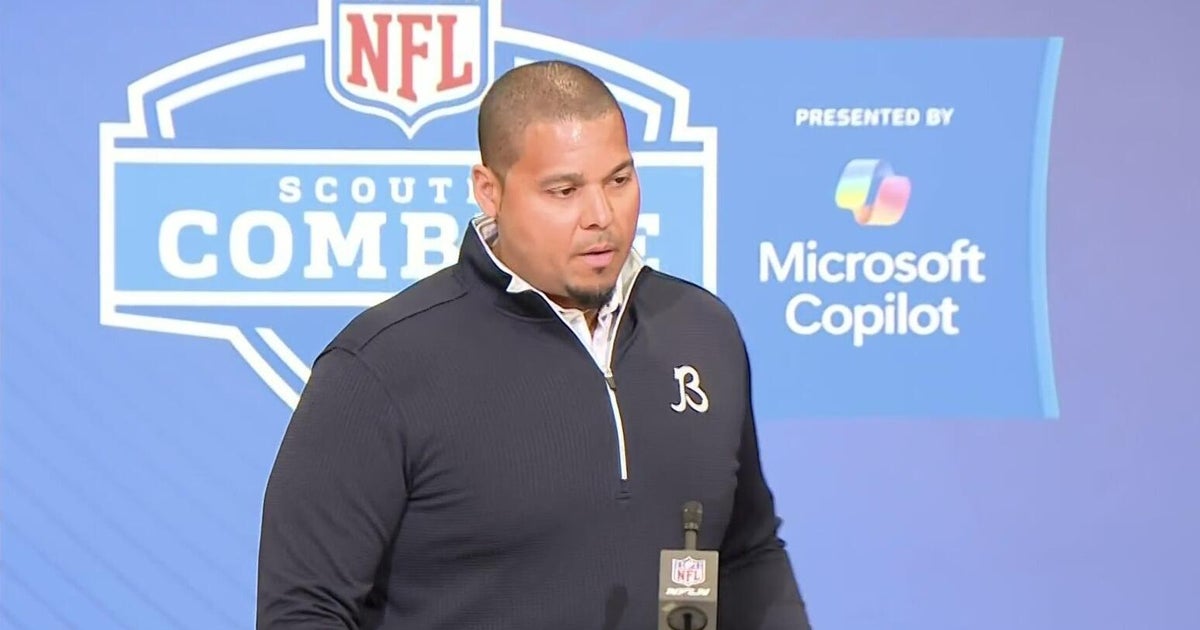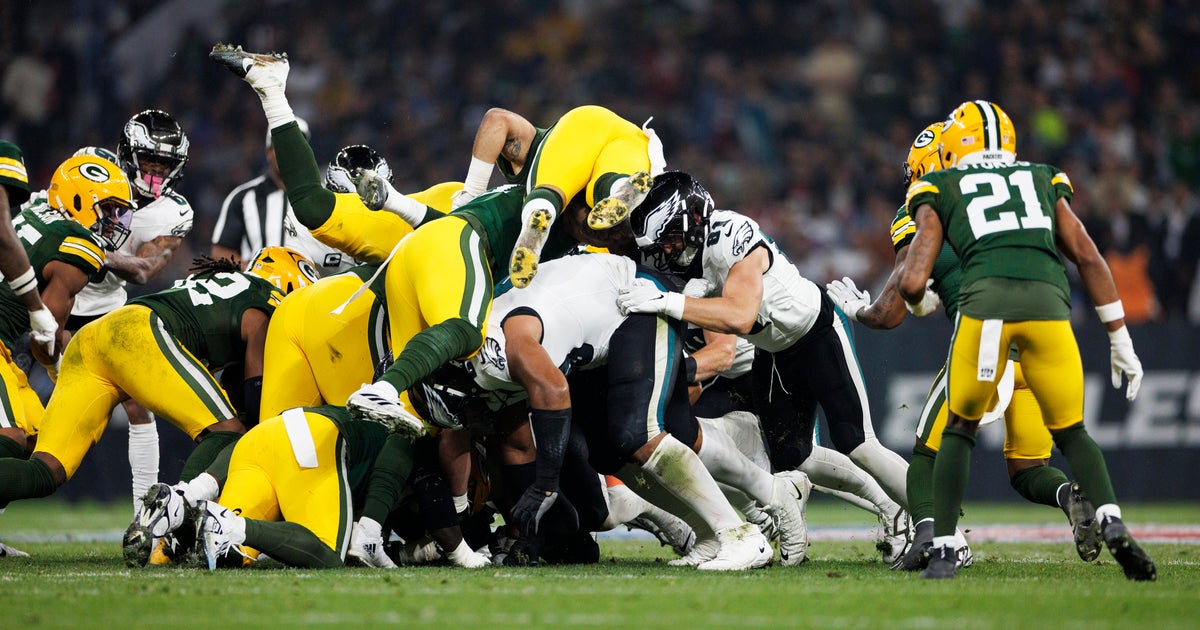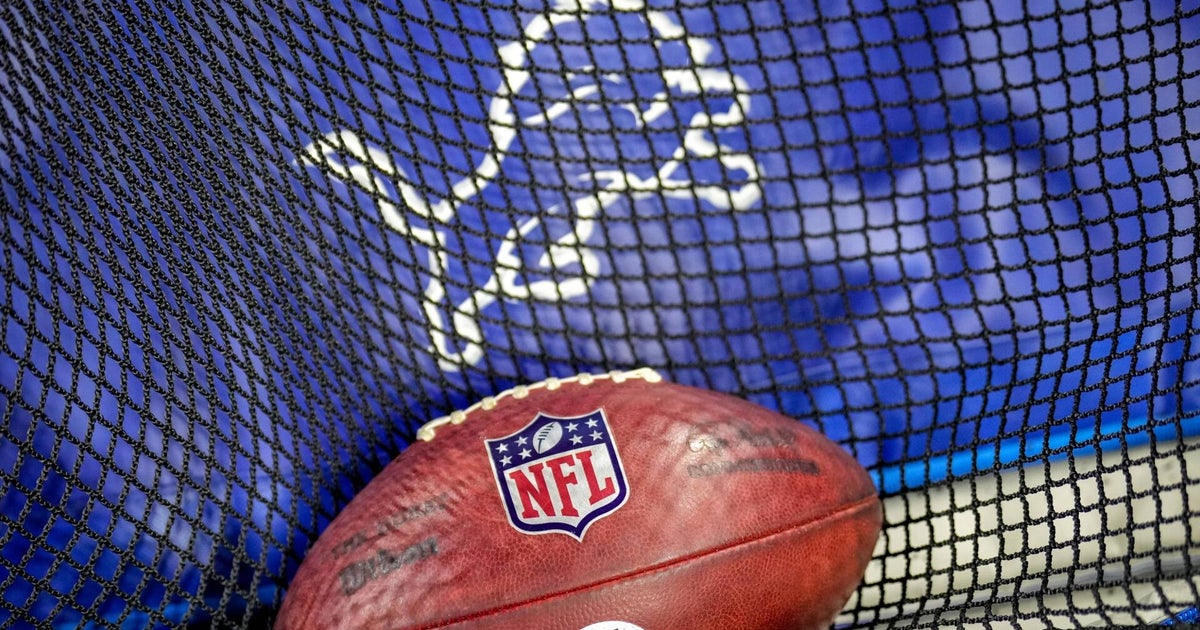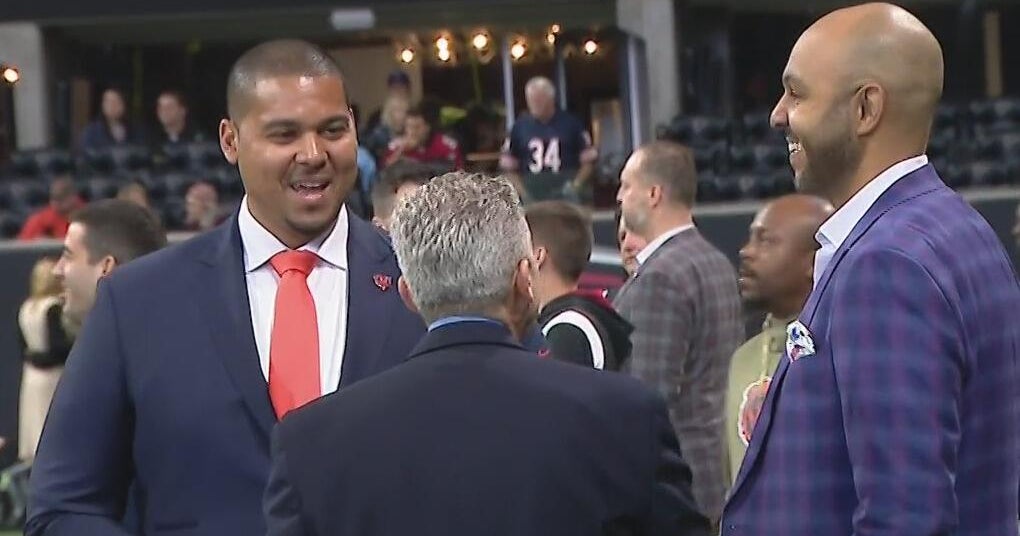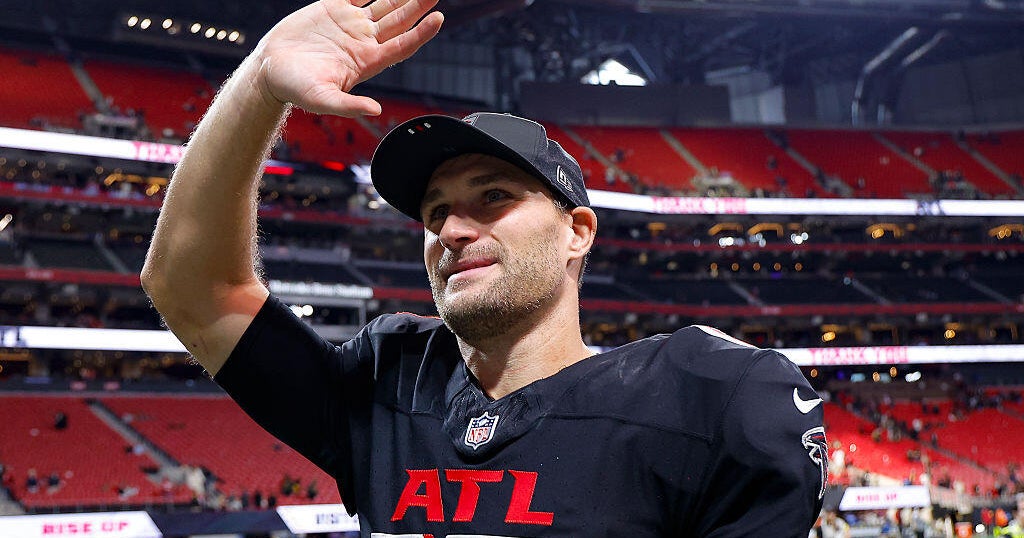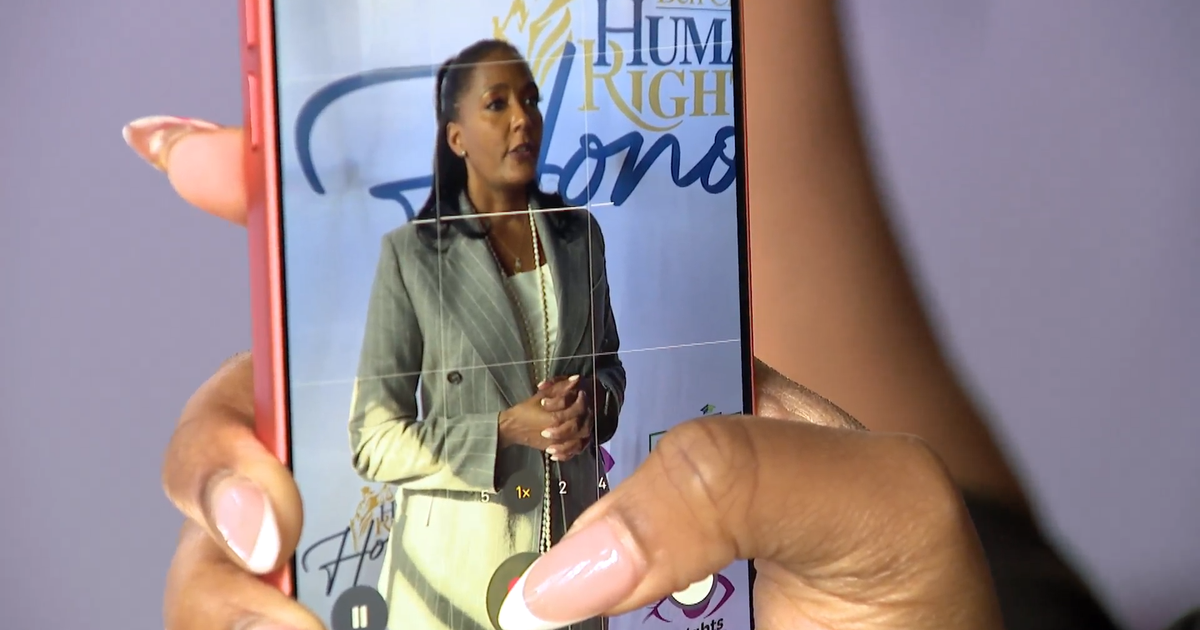Steelers: Limiting Big Hits Won't Change Us

PITTSBURGH (AP) They're not sure how they're supposed to tackle. They're also confused about why they must change the way they've played football for years.
What the Pittsburgh Steelers aren't worried about is the NFL's stricter enforcement of dangerous hits altering their personality or physicality. Even if quarterback Ben Roethlisberger suggests the modification was made in part to make the Steelers (4-1) less competitive.
Linebacker James Harrison didn't practice Wednesday, saying he's not certain how to play defense now that the NFL plans to fine and suspend players for flagrant hits, especially to the helmet. Harrison was fined $75,000 for a punishing hit Sunday that left Browns receiver Mohamed Massaquoi with a concussion.
"We all have the same concerns of what's legal and what's not legal," linebacker James Farrior said. "I don't think it's defined right now. It's a question mark for us and we don't want to get in trouble every time we hit somebody, so it's definitely a concern."
Safety Ryan Clark knows adjustments will be required to follow commissioner Roger Goodell's decree that hits that endanger an opposing player's safety won't be tolerated. But Clark is convinced the aggressive, hit-before-you-get-hit mentality of the Steelers' defense won't change.
"We still want to play football in a physical manner. We still want to stop people from scoring touchdowns," Clark said. "We're going to try to do that. You have to change if your intention was to be dirty. If your intention was to go out here and hit people in the helmet, injure people and give people concussions, you have to change. But that's never been our intention."
The Steelers lead the NFL in total defense since coach Mike Tomlin was hired in 2007. This season, they are No. 1 in fewest points (60, or 28 fewer than any other team) and rushing yards allowed and are No. 6 in overall defense.
It's not just the Steelers' defensive players who are upset with the midseason enforcement change.
"We have a reputation of being a tough football team and we have a lot of Lombardis up there, and that doesn't make a lot of people happy," Roethlisberger said. "But you know what? It makes us happy, so we'll just try to go out and play the game of football the way we know how to play it."
What Steelers players on both sides of the ball fear is that defenders, worried about fines or penalties, will target the legs and hips - possibly creating career-threatening lower body injuries.
Roethlisberger and backup quarterback Byron Leftwich agreed they'd rather have a concussion than a serious knee injury.
"Just to be a little woozy, I think guys would take that over never walking again," Roethlisberger said.
Clark said tacklers have no option now but to go low on hits, or what is commonly termed around the league as lowering the strike zone.
"We can't go around hitting guys in the head, they made that point and we understand that," Clark said. "Obviously they wanted to make it a big issue, with the media showing the hits over and over again. They had to make a statement and I think they did. But where do you go from here? We don't want to see guys with blown ACLs and thigh bruises and hip replacements. It's a touchy subject. We've got to find a way to hit these guys within the rules."
The Steel Curtain defense of the 1970s was so dominant, the NFL adjusted its rules so defensive backs such as future Hall of Famer Mel Blount couldn't bump and run with receivers further than 5 yards past the line of scrimmage.
Clark believes these Steelers will adjust, too, even if he's not certain this change is necessary.
"I think the NFL is doing the right thing in trying to pay attention to those things," Clark said. "It's a dangerous sport and we understand that. I just don't know if we're going about it the right way, if levying fines and suspensions is the right way to solve that problem."
